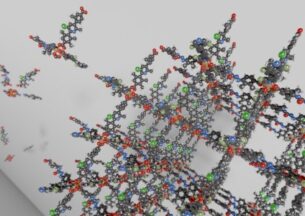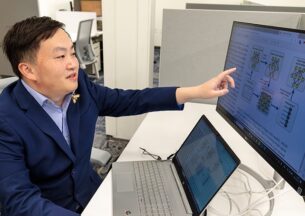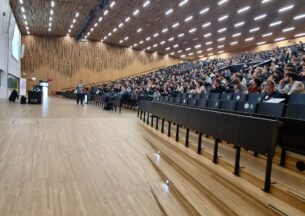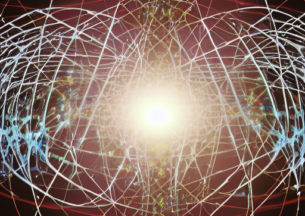UChicago London Colloquium Features Data Science, Quantum Research
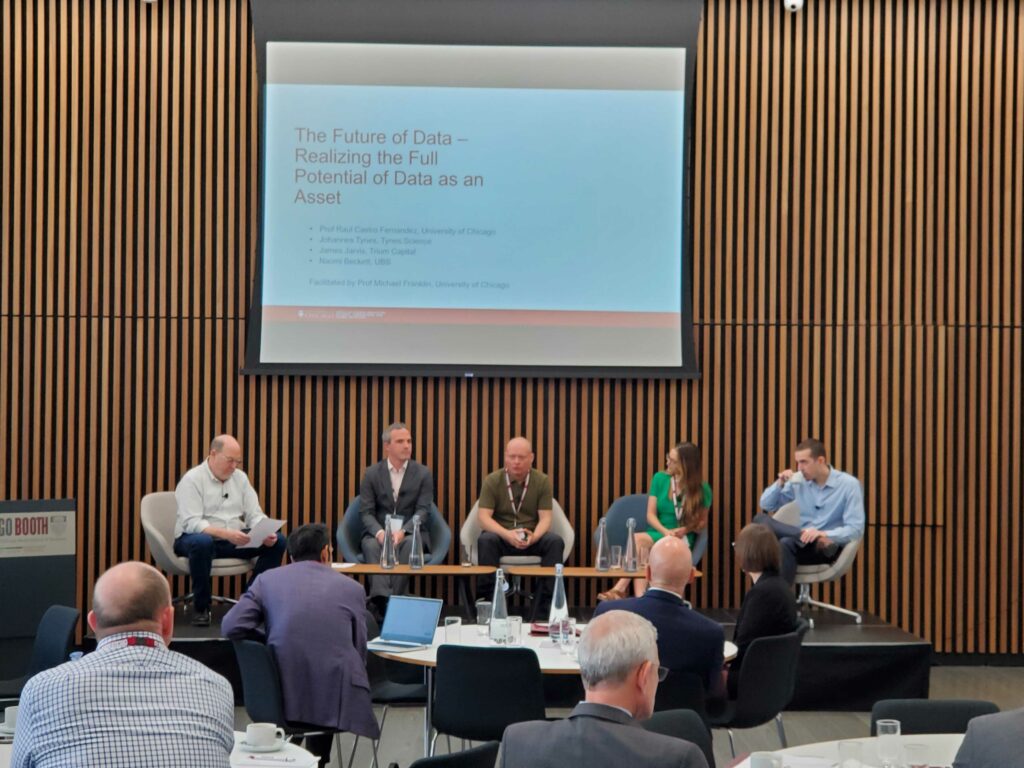
By Andrew Nellis for the Pritzker School of Molecular Engineering
Leaders in quantum science, economics, defense, and data science from the United States and the United Kingdom met this week in London for a Quantum and Data Science Workshop hosted by the University of Chicago. The two-day conference gathered key representatives from both countries to forge new alliances and strengthen existing partnerships in the global race to establish quantum technology and explore the growing data science industry.
Held at the University of Chicago Booth School of Business London facilities June 20-21, the UChicago Quantum and Data Science Workshop is the second meeting recently convened between U.S. researchers and European leaders. A Paris Conference on Quantum Technology and Sustainability led by UChicago in May also aimed to drive innovation for global impact and build partnerships with industry, academia, and government.
“International collaboration is a critical element to drive meaningful advances in quantum information science and engineering, the expansion of which will have profound implications for industry, government and national security,” said David Awschalom, the Liew Family Professor in Molecular Engineering and Physics at the University of Chicago, director of the Chicago Quantum Exchange, and director of Q-NEXT, a Department of Energy National Quantum Information Science Research Center at Argonne. “International cooperation will be key to creating global standards for this emerging technology, including secure global information networks.”
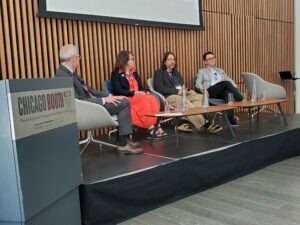
Scientists believe that quantum networks will afford virtually unhackable communication, and it is widely anticipated that implementing quantum-secure communication networks is one of the most important technological frontiers of the 21st century. Quantum security protocols are currently being tested on the Chicago network — a 124-mile loop connecting the University of Chicago and several suburban labs, one of the longest quantum networks in the U.S., announced earlier this month.
Global collaboration was a central theme of the meeting, with multiple panels discussing strategies and opportunities to pursue joint projects and how to best prepare the quantum workforce. Panelists included representatives from Allied Partners, Amazon Web Services, Cold Quanta, Leonardo, ONR Global, Oxford Instruments, Quinetiq, Quantopticon, Riverlane, UChicago CS startup Super.tech, and UKRI.
UChicago CS Assistant Professor Bill Fefferman appeared in a panel moderated by Sir David Capewell, former Chief of Joint Operations, discussing the possible advantages offered by quantum technology, including unhackable communications.
The second day of the gathering examined industrial applications of data science and machine learning for national security, civic development, transportation, and health care. The University of Chicago’s Data Science Institute led those proceedings with a presentation on its innovative vision of data science. Their efforts focus on building company partnerships as they train an agile and well-equipped workforce with robust experience collaborating directly with industry on applied, market-driven research.
Panels featured faculty from UChicago’s Booth School of Business and Data Science Institute, as well as representatives from Amadeus Capital Partners, Aker Systems, Barclays, Data.org, NHSX, Trium Capital, Tynes Science, and UBS. Topics included cutting-edge science and security research; the future data science workforce; data for healthcare; and entrepreneurship, incubation, and innovation.
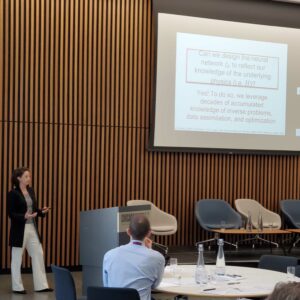
UChicago CS participants included Liew Family Chair Michael J. Franklin, Professors Rebecca Willett and Rick Stevens, Assistant Professor Raul Castro Fernandez, and Senior Research Associate David Uminsky.
The University of Chicago’s Quantum and Data Science Colloquium was hosted and coordinated in partnership between the Booth School of Business; the Chicago Quantum Exchange; the Office of Science, Innovation, National Laboratories, and Global Initiatives; and the Pritzker School of Molecular Engineering.
The University of Chicago is working to develop novel solutions to the complex challenges — and infinite opportunities — posed by these emerging fields. To drive innovation towards the highest global impact, university partners are working to build broad partnerships across multiple disciplines. Identifying, training, and retaining a diverse workforce emerged as a key theme on both days. Participants discussed the many opportunities for students at all levels to enter these fields.
“Quantum technology, data science, and artificial intelligence offer transformative solutions to many of today’s complex global challenges such as climate change and information security,” said Juan de Pablo, the University of Chicago’s executive vice president for science, innovation, national laboratories, and global initiatives; Liew Family Professor of Molecular Engineering at Pritzker Molecular Engineering; and senior scientist at Argonne National Laboratory. “The University of Chicago and our collaborators understand that dynamic, robust partnerships, such as those forged during this meeting, are vital to driving that innovation.”
Photos by David Uminsky.




